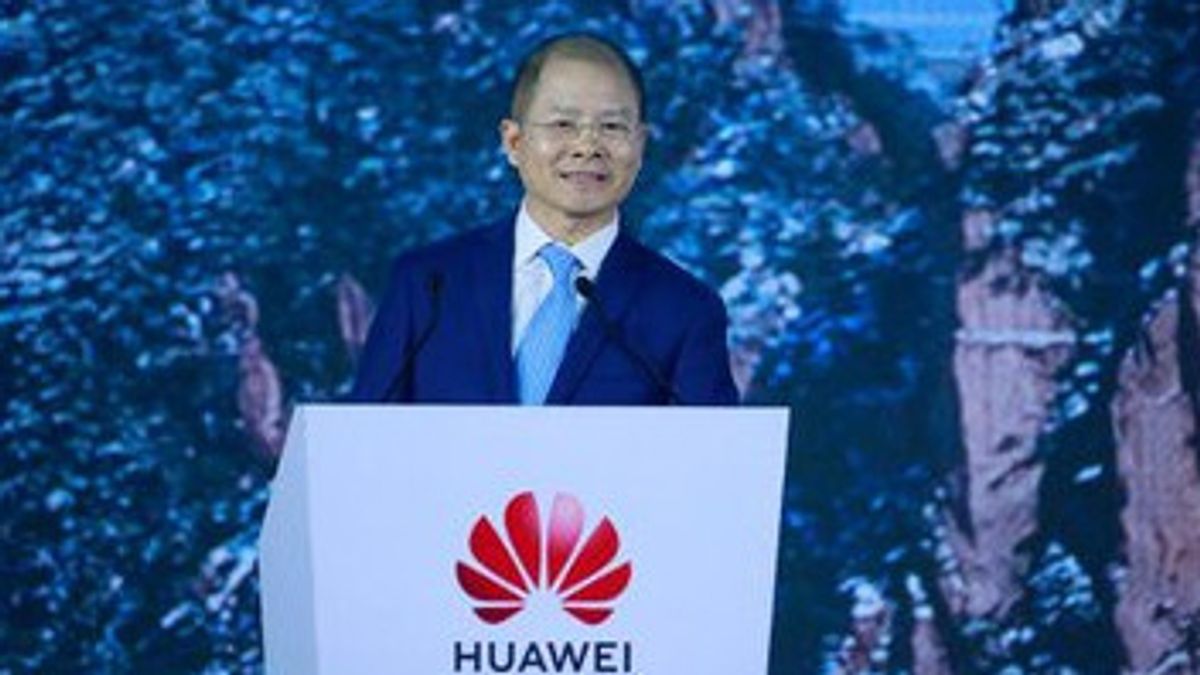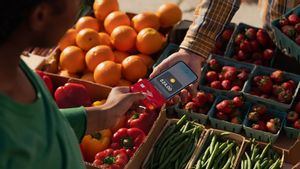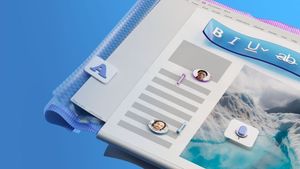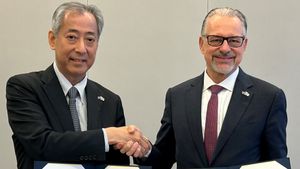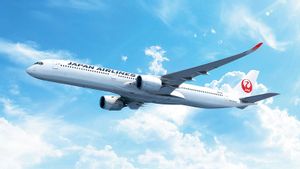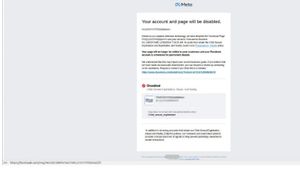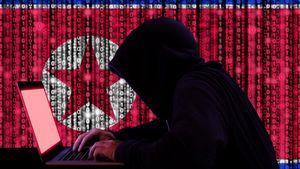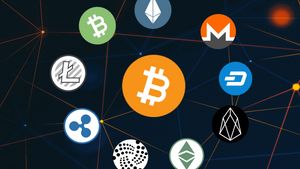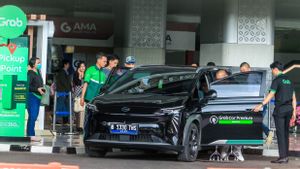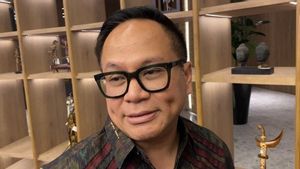JAKARTA Huawei, a technology giant from China that is blacklisted by the US, announced an ambitious target of achieving 100,000 applications in the Harmony operating system ecosystem in the next 6 to 12 months. This step was carried out as part of Huawei's efforts to achieve technology independence.
According to Xu Zhijun, Chairman of Huawei, Harmony currently has more than 15,000 applications that can meet the basic needs of consumers. However, this ecosystem still requires more personal and innovative applications to increase competitiveness.
"Our analysis shows that to achieve a mature Harmony ecosystem capable of meeting consumer needs, 100,000 applications are important milestones. That is our main target in the next six to twelve months," Xu said at a conference uploaded via the WeChat app.
This target reflects Huawei's urgency to develop local technology amid rising tensions between the US and China, particularly in the fields of trade and technology. US President-elect Donald Trump even plans to take a firmer stance on China.
Huawei introduced Harmony OS in August 2019, three months after the US imposed trade sanctions limiting Huawei's access to Google's Android. This operating system is developed open-source and is now used in various Huawei products, from smartphones to laptops.
SEE ALSO:
"With US sanctions, Huawei was forced to accelerate the development of its own operating system," Xu explained. He added, "No matter how sophisticated an operating system is, the value is nothing if no one uses it."
Xu also invited developers to enrich application offerings, as well as encourage government agencies, state companies, and social organizations to adopt Harmony as their operating system. To consumers, Xu asks for tolerance for the incompatibility of this system, while stating that the more people who use it, the sooner the system becomes mature.
"Huawei will continue to invest relentlessly in the development of the Harmony ecosystem, and try to change what is impossible to become possible," said Xu.
The English, Chinese, Japanese, Arabic, and French versions are automatically generated by the AI. So there may still be inaccuracies in translating, please always see Indonesian as our main language. (system supported by DigitalSiber.id)
